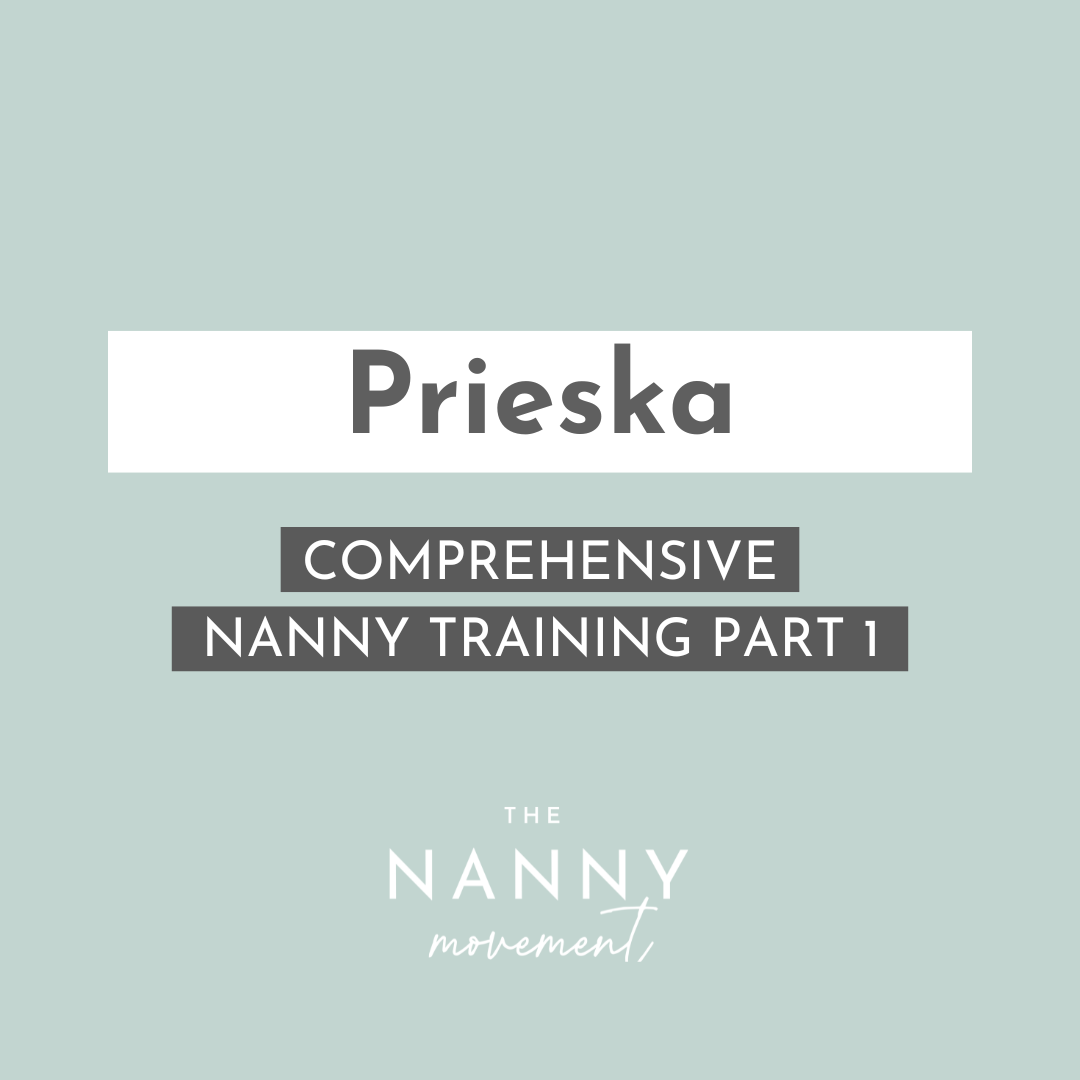Nanny training Blog:
Sending the nanny who looks after your children for the correct training offers numerous benefits. It ensures that your nanny is well-equipped with the necessary skills and knowledge to provide high-quality care, which promotes your child’s safety, well-being, and development.
Proper training also enhances your nanny’s confidence and competence in handling various situations.
Furthermore, it fosters a deeper understanding of child development, enabling your nanny to support your child’s physical, emotional, and cognitive growth effectively.
The correct training for your nanny should cover a comprehensive range of topics that equip them with the skills and knowledge needed to care for your child effectively.
This training often includes:
- Child development and milestones: Understanding the stages of physical, cognitive, and emotional development, and recognizing normal vs. abnormal progress.
- Safety and first aid: Training in basic first aid, CPR, and emergency procedures, as well as understanding how to childproof a home and prevent accidents.
- Nutrition and feeding: Learning about age-appropriate nutrition, including breastfeeding support, bottle feeding, preparing formula, and introducing solids.
- Hygiene practices: Proper handwashing techniques, diaper changing, bathing, and grooming to ensure the baby’s cleanliness and health.
- Sleep safety: Understanding safe sleep practices to reduce the risk of SIDS (Sudden Infant Death Syndrome) and establish healthy sleep routines.
- Behavior management: Techniques for managing tantrums, setting boundaries, and encouraging positive behavior in a developmentally appropriate way.
- Special needs care: If applicable, training on how to care for children with special needs, including understanding specific conditions and how to provide appropriate support.
- Communication skills: Effective communication with both the child and the parents, ensuring that everyone is on the same page regarding the child’s care.
- Emotional and social development: Strategies for fostering a secure attachment, encouraging social interaction, and supporting the child’s emotional well-being.
- Routine and structure: Learning how to establish and maintain consistent routines that support the child’s development and provide a sense of security.
Ultimately, investing in your nanny’s training creates a more nurturing and structured environment for your children. By ensuring your nanny receives training in these areas, you can feel confident that they are prepared to provide the best possible care for your child.
The Nanny Movement covers all these topics and more in our workshops.
Workshops we currently have available:
Comprehensive
Nanny Training
Part 1
Comprehensive
Nanny Training
Part 2
CLEVER
KITCHEN
WORKSHOP
PRE-SCHOOL
ASSISTANT
WORKSHOP
MOM AND
NANNY
WORKSHOP
SPECIAL
NEEDS
WORKSHOP
Clever
Cooking
Workshop
Workshops launching soon:
Newborn
Care
Workshop
Domestic Queen
Part 1 Cleaning
Masterclass
Domestic Queen
Part 2 Laundry
Masterclass
Upcoming Workshops
Useful sources:
- For those interested in nanny training, visit The Nanny Movement website for more information.
- If you’re curious about our recruitment process, be sure to check out our comprehensive guide: Recruitment Process: Everything You Need to Know.




